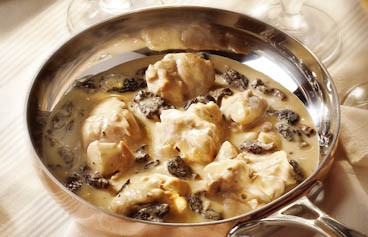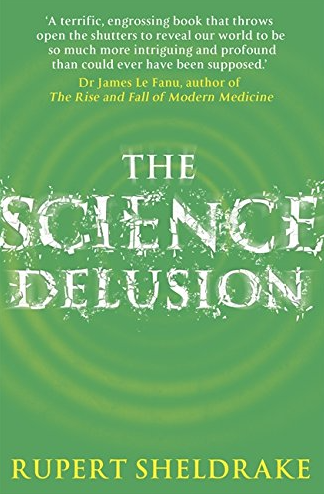Growing up I loved eating split pea soup with smoked pig's tail. I remember seeing pigs' ears on display in our butcher shop, and we regularly ate liver and kidney. I also liked sliced beef tongue on a sandwich. Later on when we lived in France I had sweetbreads and brain (both very delicate and creamy tasting), in China duck tongues (a bit tough) and chicken feet (didn't like those at all), and I still love eating head cheese on buttered German black bread with a slice of pickle on top. When we eat lobster I collect everyone's discarded lobster heads and enjoy the innards (and that creamy green stuff) with a big glob of homemade mayonnaise at least as much as the tail and claws.
Indigenous people consume every part of an animal, nothing goes to waste. In foodie countries like France and China every part of an animal is turned into a signature dish (ris de veau aux morilles - doesn't that sound delicious?).
When we eat lobster I collect everyone's discarded lobster heads and enjoy the innards (and that creamy green stuff) with a big glob of homemade mayonnaise at least as much as the tail and claws.
Indigenous people consume every part of an animal, nothing goes to waste. In foodie countries like France and China every part of an animal is turned into a signature dish (ris de veau aux morilles - doesn't that sound delicious?).  But more recently in this country, and with increasing affluence, we have turned our noses up at organ meats and somehow have come to think of them as eeeewwwww and yuck.
But more recently in this country, and with increasing affluence, we have turned our noses up at organ meats and somehow have come to think of them as eeeewwwww and yuck.
In reaction to that the nose-to-tail movement has sprung up and with it the art of butchering is being resurrected. In contrast to supermarket butchers, who are not trained to take a whole animal carcass apart and seldom see its innards, many young butchers are interested again in learning this craft with attention to all parts of the animal, and what to make with them (not only sausage). Organ meat (only from grassfed animals!) is densely packed with nutrients. As a matter of fact, predators first go for the organs of a fresh kill. My acupuncturist, who is versed in Chinese nutritional principles, always reminds me to make bone broth (please reread an earlier post on bone broth) in the wintertime and eat organ meats.



